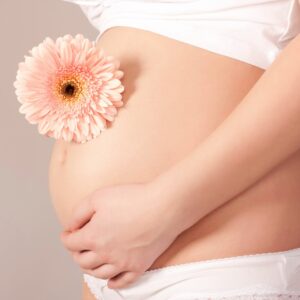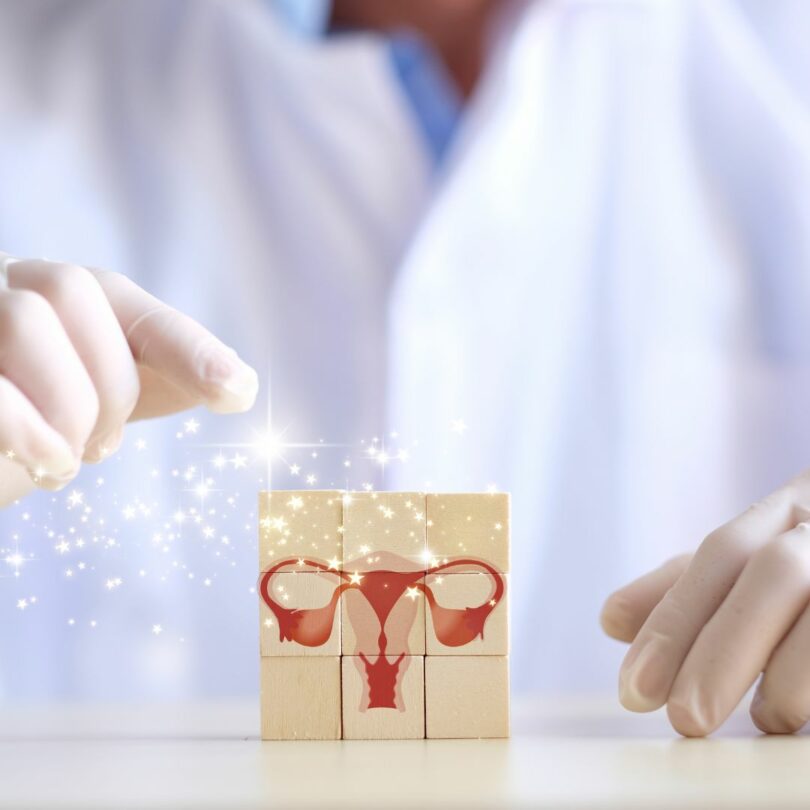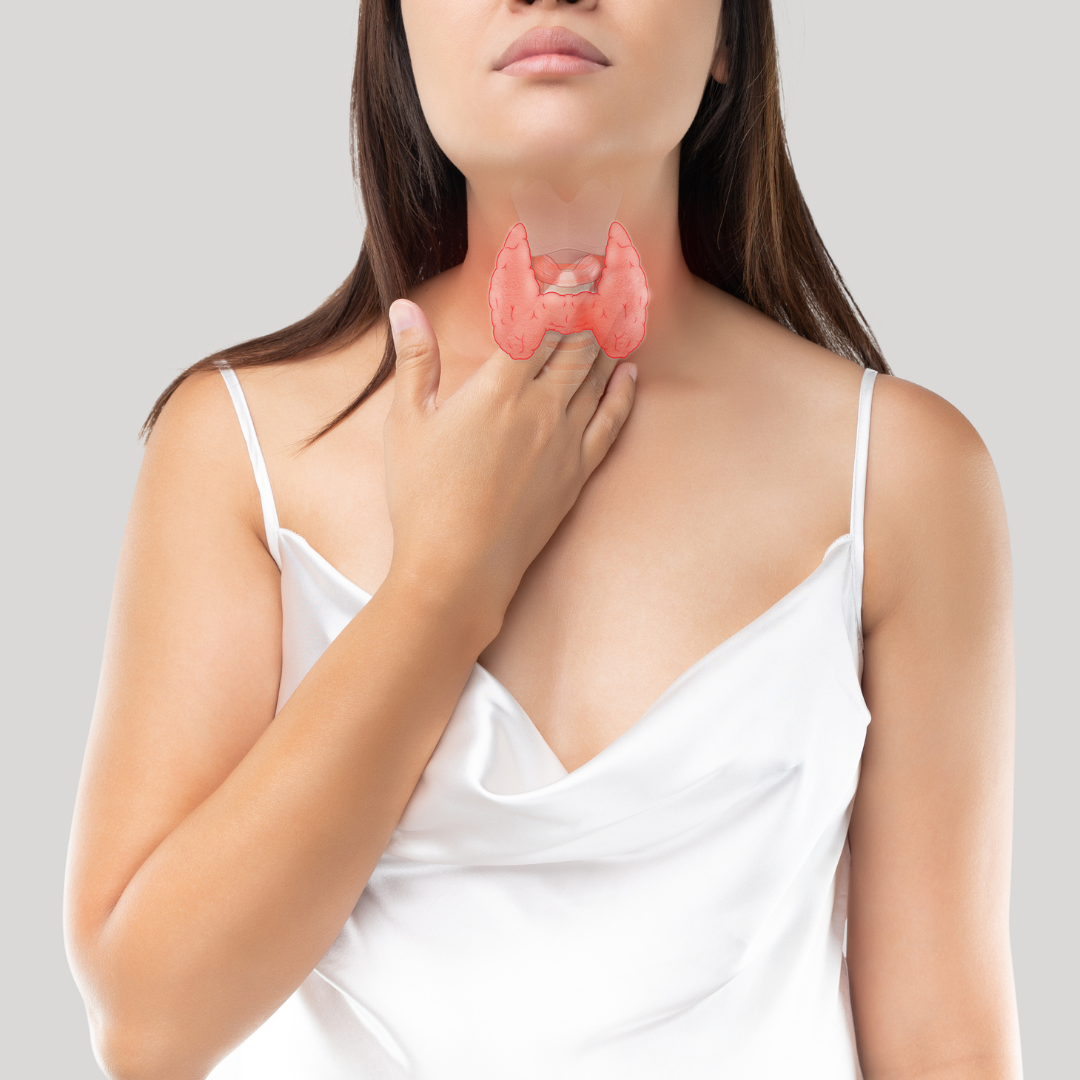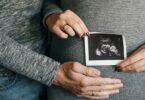Many women have thin uterine lining. Find out what this means, what the causes are and what options you have to promote the thickness of your uterine lining.
Why is a well-structured uterine lining important?
The lining of the uterus, also known as the endometrium, is located in the uterus and is hormone-dependent. Every month, the endometrium builds up to prepare for the possible implantation of a fertilized egg. A well-built uterine lining provides the optimal place for the fertilized egg to implant and develop. In contrast, a thin or damaged mucous membrane can make it difficult or even prevent the onset of pregnancy. In the worst case, an insufficient mucous membrane can even lead to miscarriages or other complications during pregnancy.
When is the lining of the uterus too thin?
It is not only the structure of the uterine lining that plays a role in the implantation of the embryo, but also its thickness. Ideally, a multilayered structure with a mucosal thickness of around 8-12 mm should be visible on ultrasound before ovulation. A thin mucous membrane of less than 7 mm may sometimes not be ideal.
How can you tell if the uterine lining is too thin?
It may be a persistent rumor, but the strength of menstrual bleeding alone is not a reliable method of diagnosing the build-up of the uterine lining. Correct diagnosis requires an ultrasound examination by a gynecologist. This can reliably and painlessly determine whether the mucous membrane is sufficiently built up.
Causes of a thin uterine lining
There are many different reasons for a thin uterine lining:
- Hormonal problems: a lack of oestrogen can affect the build-up of the lining.
- Hormonal disorders such as thyroid problems or polycystic ovary syndrome (PCOS) can play a role.
- Medication: Certain medications, such as clomiphene, can affect the production of oestrogen. Prolonged use of hormonal contraception is also suspected of having a negative effect on endometrial thickness.
- Endometriosis: This condition can affect the thickness of the endometrium.
- Diet: An unhealthy diet with too few vitamins and minerals can affect the build-up of the endometrium.
- Stress: Prolonged stress can have a negative effect on hormone levels and impair the build-up of the mucous membrane.
- Gynecological surgery: Scrapings after a miscarriage can lead to changes in the lining of the uterus.
Can a woman conceive despite a thin uterine lining?
The thickness of the uterine lining plays a decisive role in the implantation and nourishment of the fertilized egg. Nevertheless, there are many cases in which women have had a normal pregnancy despite the lining being diagnosed as too thin. So, if you have been diagnosed with a thin uterine lining, this is no reason to panic, but primarily a reason to give the uterine lining some support.

This is how you can promote the build-up of a thicker endometrium
There are various medical procedures available to promote endometrial thickness and you can also do a lot yourself to promote the build-up of your uterine lining.
Options that you can discuss with your doctor include hormone therapies such as low-dose human chorionic gonadotropin, agonists of the luteal gonadotropin-releasing hormone and extended oestrogen therapies. Aspirin therapy may also be considered.
Some experimental measures such as injections of platelet-rich plasma, treatment with stem cells and tissue bioengineering are currently being investigated and could offer new therapeutic approaches in the future.
In order to support a well-built uterine lining, everything that ensures that the blood circulation is very good is useful. This includes regular physical activity, sufficient fluid intake (motto: “Stay hydrated”), a healthy diet, avoiding smoking and excessive coffee consumption, avoiding being overweight or underweight and controlling cholesterol levels. Additional support can be provided by certain dietary supplements.
Nutritional supplements for building up the uterine lining
Make sure that your fertility vitamins contain vitamins B2, B3 and biotin. They contribute to a healthy mucous membrane. It has also been proven that a good supply of vitamin E can promote the development of uterine lining. Fertility vitamins which contain exactly these vitamins as well as high-dose folic acid and other vital substances that are important when trying to conceive, can be found in the Fertilovit Shop.
References
- Cakiroglu Y, Tiras B, Franasiak J, Seli E. Treatment options for endometrial hypoproliferation. Curr Opin Obstet Gynecol. 2023 Jun 1;35(3):254-262.
- Cicek N, Eryilmaz OG, Sarikaya E, Gulerman C, Genc Y. Vitamin E effect on controlled ovarian stimulation of unexplained infertile women. J Assist Reprod Genet. 2012 Apr;29(4):325-8.
- Homminga I, Ter Meer AF, Groen H, Cantineau AEP, Hoek A. Thin endometrial lining: is it more prevalent in patients utilizing preimplantation genetic testing for monogenic disease (PGT-M) and related to prior hormonal contraceptive use? Hum Reprod. 2023 Feb 1;38(2):237-246.
- Lebovitz O, Orvieto R. Treating patients with “thin” endometrium – an ongoing challenge. Gynecol Endocrinol. 2014 Jun;30(6):409-14.
- Richter KS, Bugge KR, Bromer JG, Levy MJ. Relationship between endometrial thickness and embryo implantation, based on 1,294 cycles of in vitro fertilization with transfer of two blastocyst-stage embryos. Fertil Steril. 2007 Jan;87(1):53-9.
- Takasaki A, Tamura H, Miwa I, Taketani T, Shimamura K, Sugino N. Endometrial growth and uterine blood flow: a pilot study for improving endometrial thickness in the patients with a thin endometrium. Fertil Steril. 2010 Apr;93(6):1851-8.
- Wada I, Hsu CC, Williams G, Macnamee MC, Brinsden PR: The benefits of low-dose aspirin therapy in women with impaired uterine perfusion during assisted conception. Hum. Reprod. 9:1954–1957, 1994.
- Wang, L.: “Efficacy evaluation of low-dose aspirin in IVF/ICSI patients evidence from 13 RCTs: A systematic review and meta-analysis”, Medicine (Baltimore). 2017
- Wang M, Yang X, Li L, Zhu H, Zhang H, Jiang Y, Liu R. Incidence and risk factors for early pregnancy loss in women with first pregnancy undergoing in vitro fertilization-embryo transfer. BMC Pregnancy Childbirth. 2022 Jul 19;22(1):575.
- Wu J, Huang J, Dong J, Xiao X, Li M, Wang X. The thicker the endometrium, the better the neonatal outcomes? Hum Reprod Open. 2023 Jul 13;2023(3):hoad028.
- Zaha IA, Huniadi A, Bodog F, Seles L, Toma MC, Maghiar L, Szulay-Bimbo E, Bodog A, Sachelarie L, Florea M, Stefan L. Autologous Platelet-Rich Plasma (PRP) in Infertility-Infusion versus Injectable PRP. J Pers Med. 2023 Nov 30;13(12):1676.








